Senate Republicans confirm 107 Trump nominees after rules change ends Democratic blockade
Senate Republicans confirmed 107 of President Trump’s nominees in a party-line vote, following a procedural change that bypassed Democratic filibusters and ended months of confirmation delays.
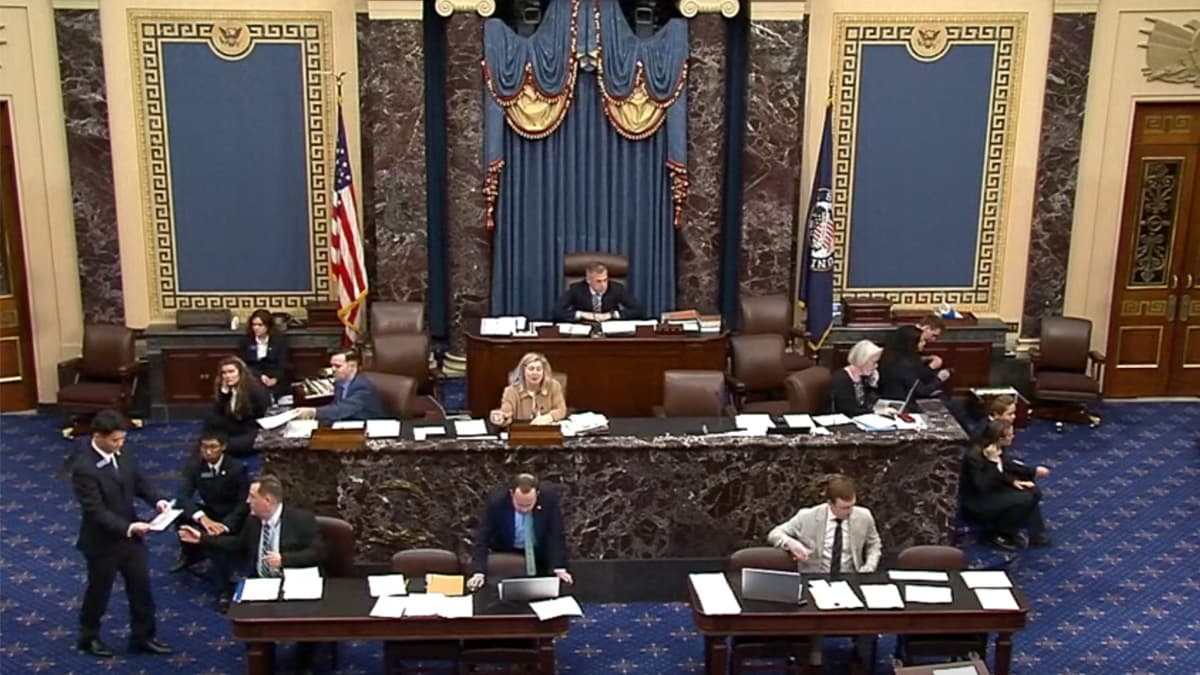
- Senate Republicans confirmed 107 of President Trump’s nominees in a 51-47 party-line vote.
- The confirmation followed a rules change allowing en bloc approvals to bypass Democratic filibusters.
- Appointments include ambassadors, US Attorneys, and SEC chair Paul Atkins, reappointed through 2031.
Senate Republicans on 8 October confirmed a second large bloc of President Donald Trump’s nominees, bringing the total number approved since a recent procedural change to 107.
The move came as part of a strategy to end a prolonged stalemate over presidential appointments, which Republican leaders attributed to Democratic obstruction in the upper chamber.
The Senate voted 51–47 along strict party lines to confirm the group, utilising new rules adopted last month that permit en bloc approval of nominees.
Senate Majority Whip John Barrasso stated that the vote ended what he described as a Democratic blockade that had stalled confirmations for months.
“Before Senate Democrats shut down the federal government, they shut down the Senate floor – freezing the confirmation process,” said Barrasso in a statement.
“For months, their blockade created a growing backlog of qualified, bipartisan nominees. Tonight, Senate Republicans confirmed 107 of those qualified nominees and ended the Democrats’ confirmation blockade.”
The package includes over two dozen ambassadorial appointments, a number of US Attorneys, and the reappointment of Paul Atkins as chairman of the Securities and Exchange Commission (SEC), extending his tenure through 2031.
Notable among the confirmed ambassadors are Sergio Gor, a senior White House aide, who will serve as the liaison to India, and Herschel Walker, a former football player and Senate candidate, who was named ambassador to the Bahamas.
These confirmations follow the earlier approval of a first group of 48 nominees three weeks prior. That initial group had been advanced through the Senate committees with bipartisan support, though final votes still faced delays under previous procedures.
The shift in confirmation dynamics came after Senate Republicans modified chamber rules to expedite the process.
The rule change followed weeks of internal debate and arose after President Trump rejected a compromise proposal with Senate Democrats, citing concerns over what he considered excessive demands.
Previously, Senate Republicans were required to advance each nominee individually, with Democrats able to use filibuster tactics to extend deliberations and consume legislative time.
The revised process allows the majority party to approve multiple nominations at once, streamlining confirmations and minimising the minority party’s ability to delay proceedings through procedural means.
Republicans argued that the original process created unnecessary inefficiency and prevented key governmental roles from being filled.
According to Senate GOP leadership, many of the confirmed individuals had already received bipartisan support at the committee level and were waiting for floor votes delayed by procedural manoeuvring.
Democratic leaders, however, have criticised the rule change, expressing concern that it diminishes oversight and undermines Senate norms of deliberation.
The shift is expected to accelerate the Trump administration’s efforts to fill remaining vacancies across various departments and agencies.
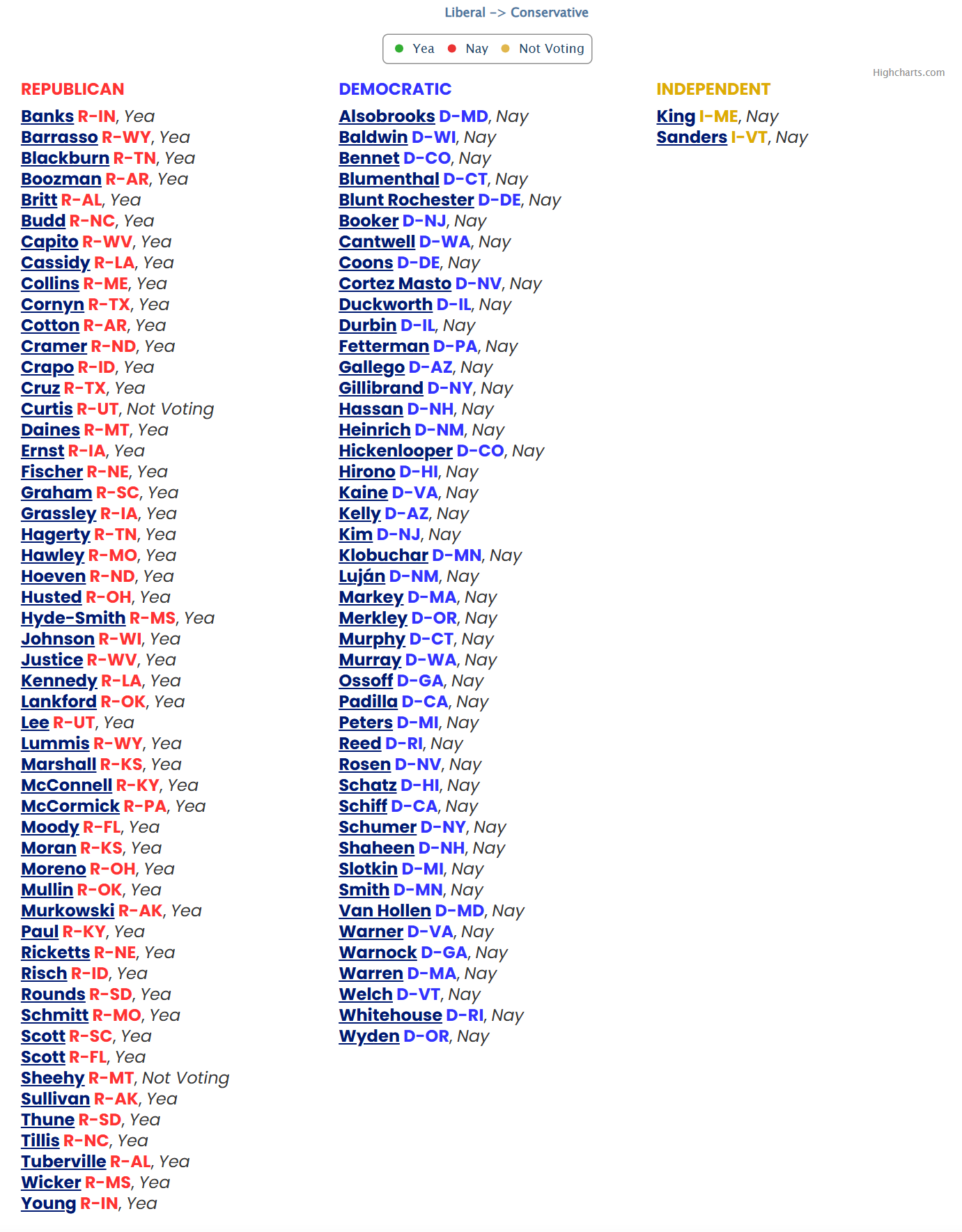



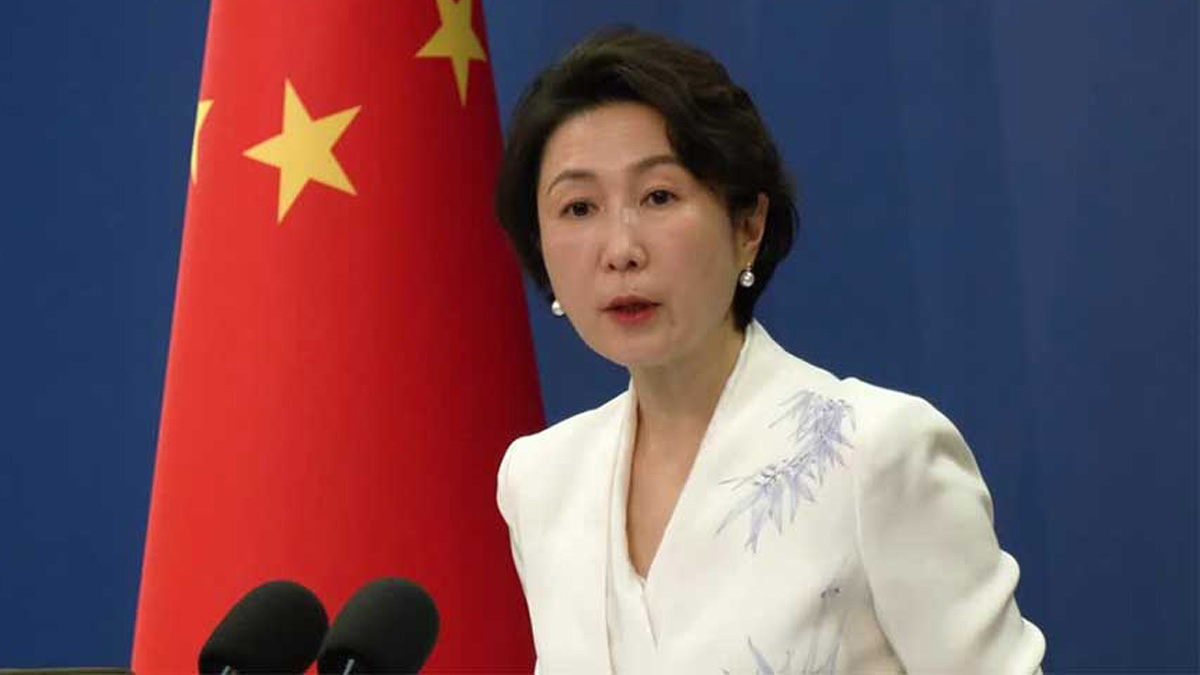
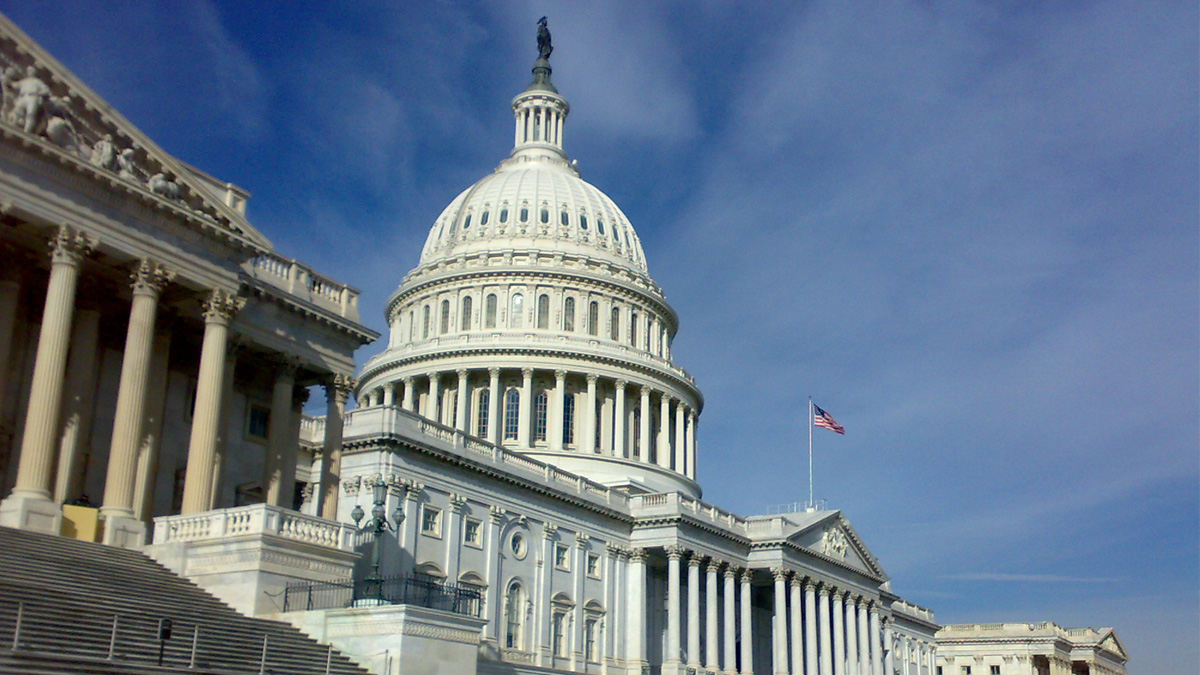

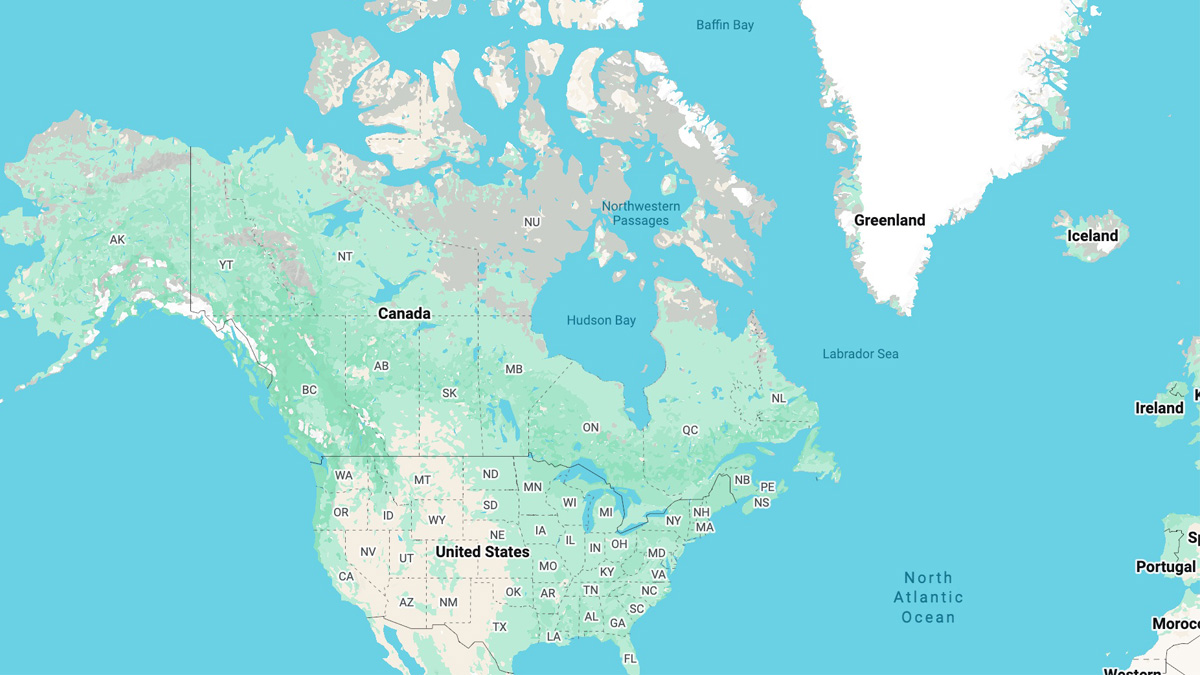

0 Comments